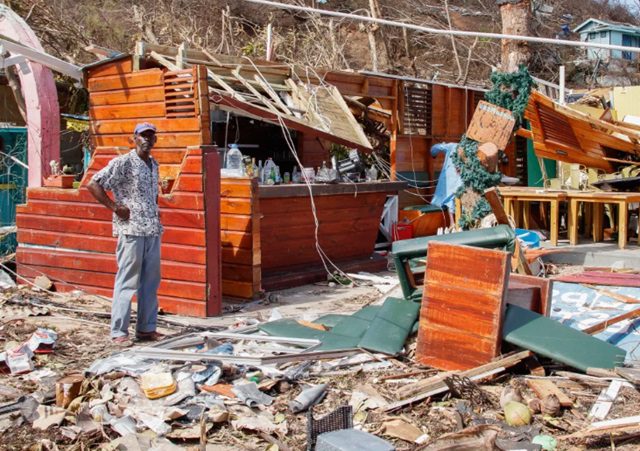BTN News: Mukhtar Babayev, Azerbaijan’s Minister of Ecology and the upcoming president of the UN climate summit, urged world leaders to focus on helping poor nations affected by climate disasters. He said getting this financial help is the most important goal for the United Nations climate talks this fall.
Babayev explained that delays cost lives, jobs, and damage the planet. He said we need to act quickly to support the countries that suffer the most from climate change.
Simon Stiell, the UN’s top climate official, spoke from his hometown of Carriacou in Grenada, which was hit hard by Hurricane Beryl. Standing in the ruins of his neighbor’s house, Stiell highlighted the growing costs of climate change. “Beryl is a painful reminder,” he said. “Each year, climate damages hurt billions of people and businesses around the world.”
Stiell warned that without global action, all economies and the world’s eight billion people will suffer ongoing trauma. He described how Hurricane Beryl damaged or destroyed almost all the homes on Carriacou. This kind of devastation happens often to millions of people around the world.
Stiell also pointed out the deadly heat waves, with thousands of deaths in India and over 1,000 in Saudi Arabia during a pilgrimage in Mecca. Millions in Texas lost power during a heatwave. He said these events show that global warming is a security threat to all countries.
Stiell mentioned a study that predicts $38 trillion in annual losses due to climate change. Poorer nations are especially hurt by these costs, keeping them in debt and stopping them from providing education, healthcare, and recovery from disasters.
These issues will be the focus of the climate talks in Azerbaijan in November. In a letter to world leaders, Babayev stressed that the most urgent task is to agree on a new financial aid goal. Wealthy countries promised $100 billion annually to help poorer nations go green, but this goal was only recently met.
Babayev noted that recent meetings in Germany failed to make enough progress. He said Azerbaijan is ready to help bridge the gap between rich and poor nations, but everyone needs to work together. “We all have to cross these bridges. In fact, we have to start running,” he said.
Babayev invited key climate negotiators to Azerbaijan for an informal retreat at the end of the month. He also asked experienced negotiators from Denmark and Egypt to help set a new financial aid goal.
Babayev also talked about the loss and damage fund set up in 2022. This fund is meant to help poor nations that suffer from climate disasters caused by rich nations’ high emissions. He said it is important to activate this fund to deliver the much-needed and long-awaited money as soon as possible.
Stiell, speaking from Carriacou, urged everyone to work together to solve the climate crisis. “What the climate crisis did to my grandmother’s house should not become humanity’s new normal. We can still prevent it.”
The upcoming climate summit in Azerbaijan is a crucial chance for leaders to agree on more financial support for vulnerable nations and to take steps to reduce the impact of climate change. The urgency of these actions cannot be overstated. They are key to a sustainable future for all.


